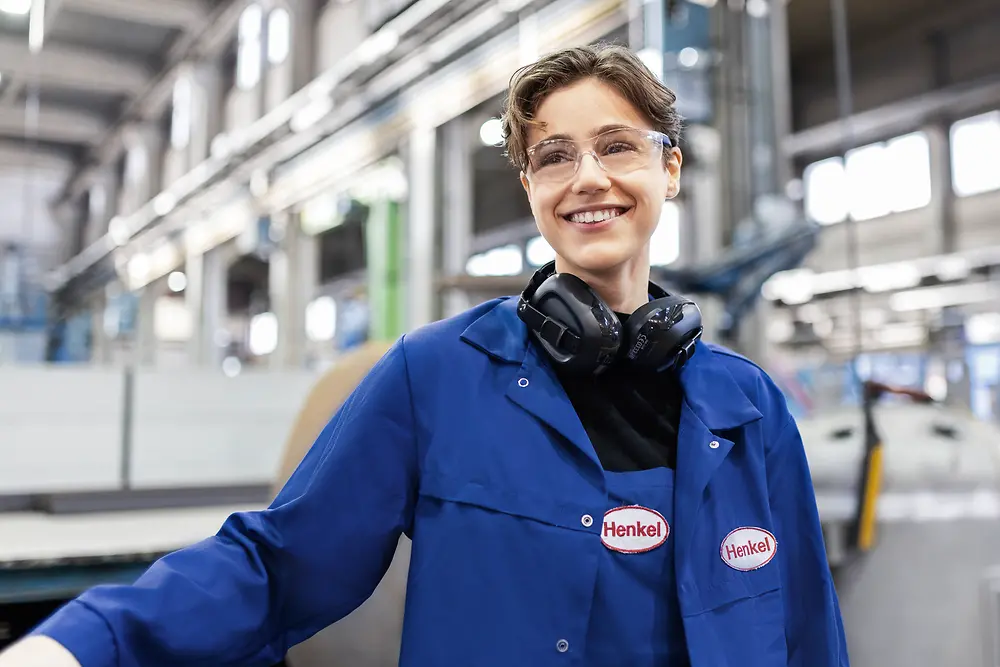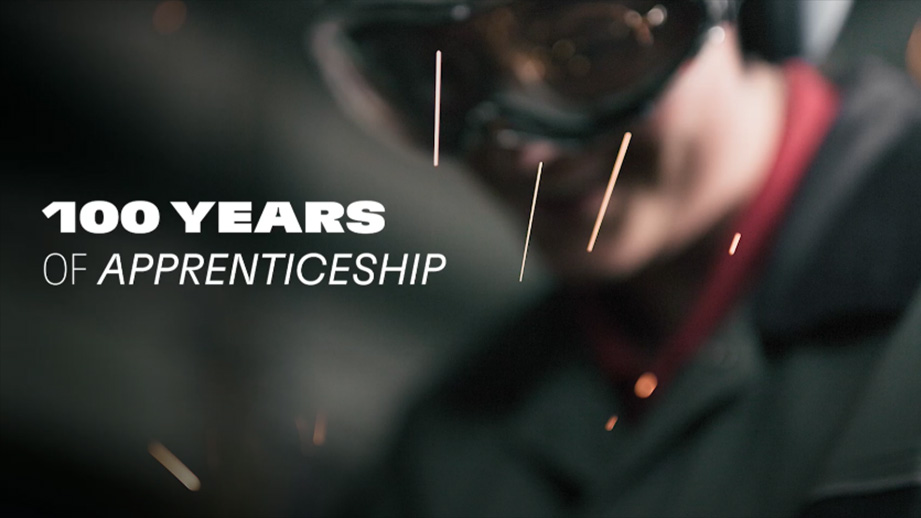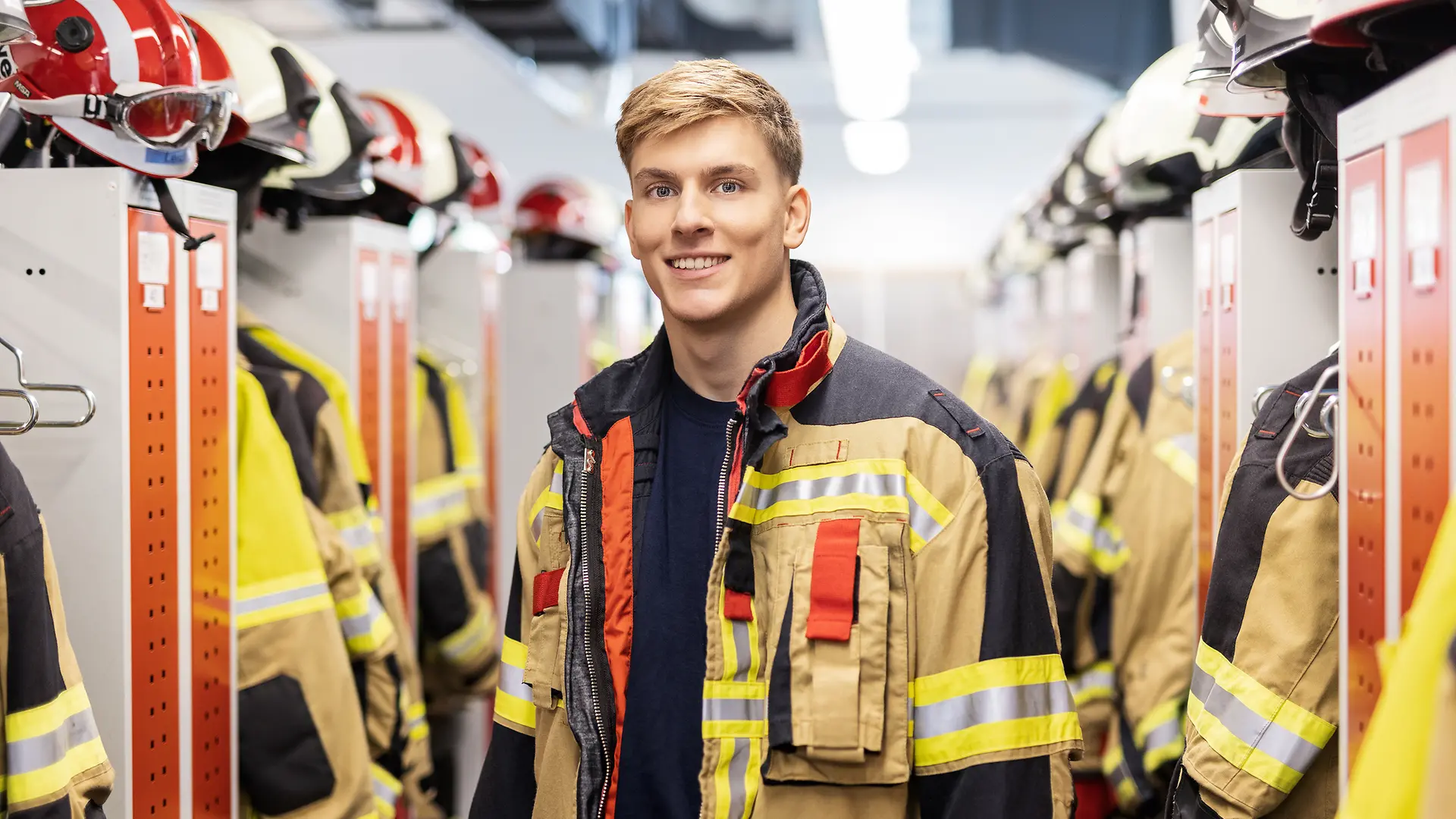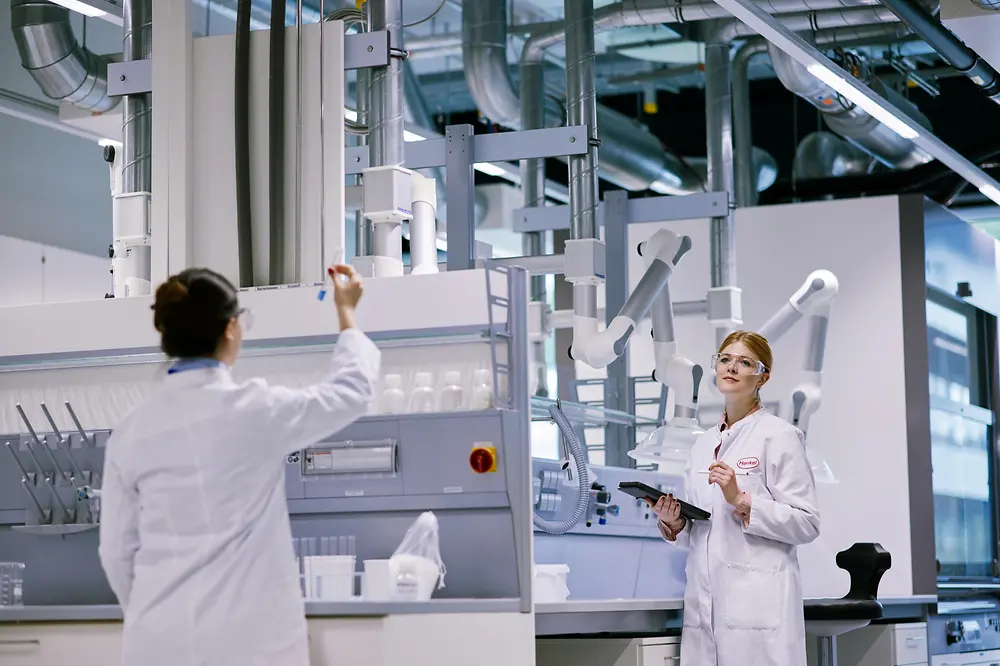Every year, numerous new apprentices begin their careers at Henkel – full of curiosity, expectations and dreams for the future. Since its introduction 100 years ago, vocational training has been an important cornerstone of the company culture at Henkel and a program where talents are nurtured and skilled professionals are developed. It not only represents a long-standing tradition and an important part of the company’s history but is, above all, a key to the future. Especially in times of change, it is also the young talents – with their fresh ideas and practical skills – who provide new momentum and help shape transformation. Emerging technologies, evolving job profiles, and societal developments constantly bring new challenges to vocational training. To meet these demands, Henkel continuously refines its training concepts and aligns them with the current needs of apprentices and the world of work. “We are proud that through our comprehensive training program, we have been able to prepare so many young people with practical know-how for the demands of the professional world – and we look forward to successfully shaping the next 100 years of vocational training at Henkel,” says Funda Mutlu, Head of Vocational Training at Henkel Germany.














